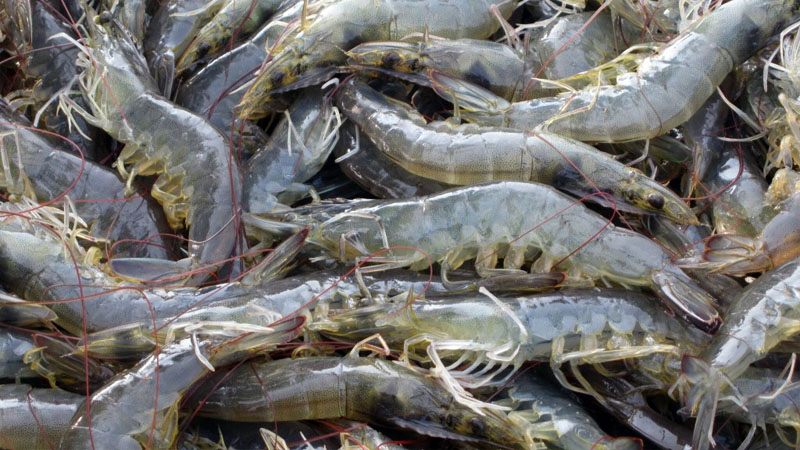Exclusive content

Concerns have been raised regarding Ecuadorian shrimp imports into Mexico by Raúl Leyva Retes, the vice president of the Confederation of Aquaculture Organizations of the State of Sinaloa (Caades). Despite prior efforts by President Andrés Manuel López Obrador to restrict these imports through a presidential order, recent changes have rendered these protections ineffective.
Accusations Against SENASICA
Leyva Retes has pointed fingers at the National Agri-Food Health, Safety and Quality Services (SENASICA), alleging that the agency is supporting or facilitating the reopening of the border to Ecuadorian shrimp imports, thereby disadvantaging Mexican producers.
The crux of the issue lies in the disparity of production costs between Mexican and Ecuadorian shrimp. Leyva Retes has noted that Ecuador offers significant support to its aquaculture industry, including subsidies for larvae, feed, and inexpensive marine diesel. This support substantially reduces the production costs for Ecuadorian shrimp compared to their Mexican counterparts. As a result, Ecuadorian shrimp can be priced significantly lower, creating an uneven playing field for Mexican producers.
For instance, while Mexican producers might spend 80 pesos (USD 4.78) to produce a shrimp, Ecuadorian producers can achieve the same for less than 50 pesos (USD 2.99). This price difference severely impacts Mexican producers’ competitiveness and profitability.
Allegations of Labeling Manipulation
Moreover, Leyva Retes has raised concerns about potential labeling manipulations and triangular trade practices. He claims that Ecuador may be repackaging its shrimp and using countries like Honduras or Guatemala as intermediaries to exploit trade agreements with Mexico. This practice involves relabeling shrimp to appear as if it originates from countries with favorable trade terms, thus circumventing trade barriers.
In response to these pressing issues, a meeting has been scheduled for Monday, May 13, in Mexico City. This meeting will bring together key stakeholders, including government authorities, SENASICA, Customs, and representatives from the Economy sector, to deliberate on potential solutions to address the challenges facing Mexico’s shrimp industry.